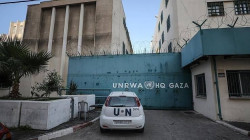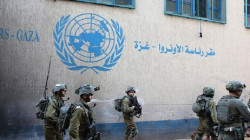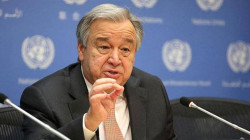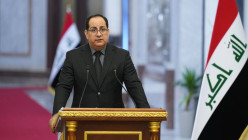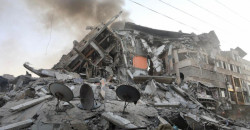Israel cancels longstanding agreement with UNRWA, Raising humanitarian concerns in Gaza
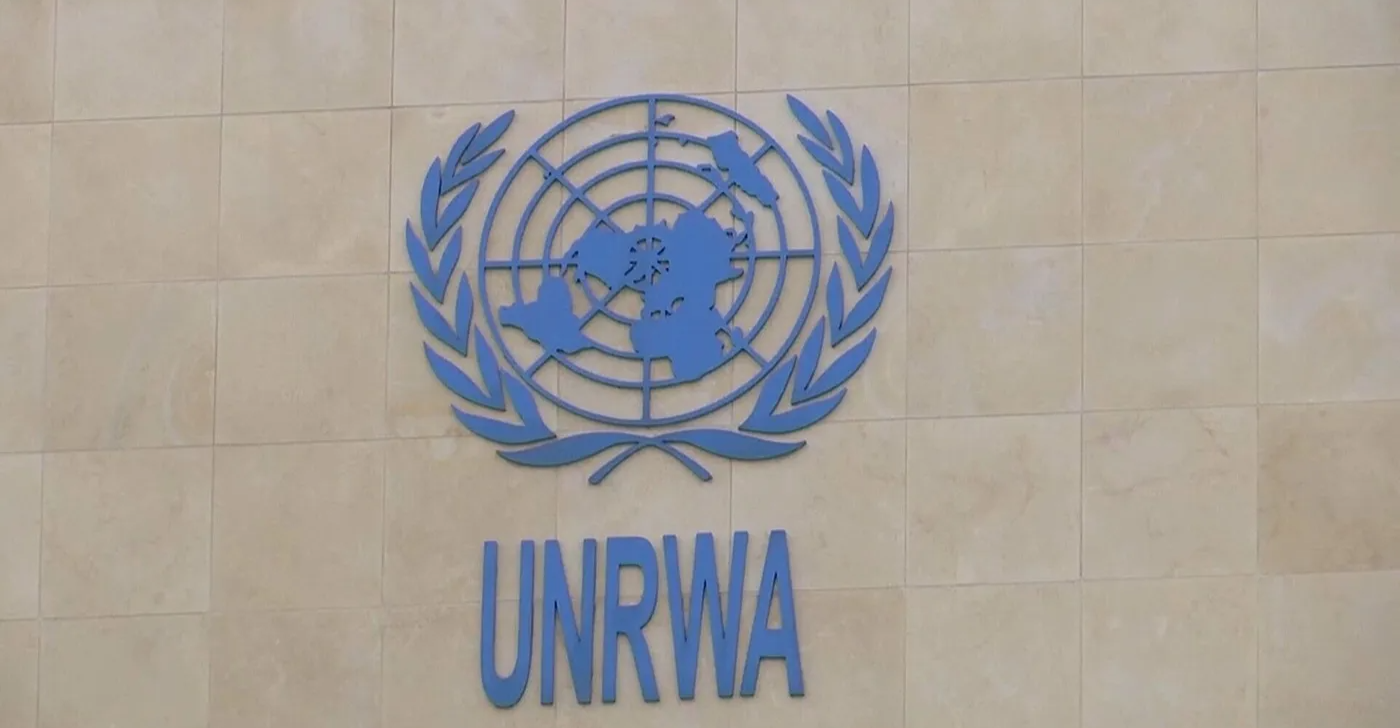
Shafaq News/ Israel has formally notified the United Nations that it is canceling the 1967 agreement regulating its relationship with the UN Relief and Works Agency for Palestine Refugees (UNRWA), the Foreign Ministry announced Monday.
The decision follows an October 28 vote in the Knesset, where 92 out of 120 members approved a ban on UNRWA's activities in the occupied Palestinian territories—a move condemned by European nations, Western governments, and international organizations.
UNRWA, headquartered in the Sheikh Jarrah neighborhood of East Jerusalem, has rejected Israel’s accusations, maintaining that it operates neutrally to provide essential services to Palestinian refugees. Israel, however, has long accused the agency of anti-Israel bias.
Since the start of the Gaza war last October, Israeli officials have intensified these claims, alleging that Hamas has deeply infiltrated UNRWA in Gaza and accusing some staff members of involvement in the October 7 attacks on Israel.
The legislation has raised alarms among UN officials and Israel’s Western allies, who worry that a ban on UNRWA could worsen the humanitarian crisis in Gaza. While the law does not explicitly prohibit UNRWA’s operations in the West Bank and Gaza, Israel’s Foreign Ministry said it would begin phasing out its relationship with the agency, with plans to expand the activities of other international organizations and “boost alternatives” to UNRWA.
In a statement, Israel’s UN Ambassador Danny Danon criticized the UN for what he called “a failure” to address evidence submitted by Israel, alleging Hamas infiltration in UNRWA operations, while Foreign Ministry Director-General Jacob Blitshtein echoed these concerns in a letter to UN General Assembly President Philemon Yang, writing that Israel “will continue to work with international partners, including other U.N. agencies, to ensure humanitarian aid reaches Gaza civilians in a manner that does not compromise Israel’s security. Israel expects the UN to contribute to and cooperate in this effort.”
Palestinian Prime Minister Mohammad Mustafa condemned Israel's decision, calling on the European Parliament to confront the move. Meeting with a delegation from the parliament in his Ramallah office, Mustafa argued that the decision politically aims to undermine the “right of Palestinian refugees to return” and contributes to worsening humanitarian conditions in the occupied territories.
UNRWA’s Role and Challenges in Gaza
UNRWA, established in 1949 to provide relief to Palestinian refugees displaced during the creation of Israel, now operates in Gaza, the West Bank, Syria, Lebanon, and Jordan, supporting nearly five million registered Palestinian refugees. The agency provides a broad array of services, including food aid, medical care, and education. In Gaza alone, it employs approximately 13,000 people and manages critical infrastructure like schools, clinics, and shelters.
Since the war in Gaza reignited, UNRWA has reported delivering food parcels to nearly 2 million people and offering six million medical consultations across the territory. However, Israeli airstrikes since October 2023 have killed more than 200 UNRWA staff, according to the agency.
UNRWA’s work heavily relies on agreements with Israel to move aid through checkpoints between Israel and Gaza. The agency, alongside the Palestinian Red Crescent, handles nearly all aid distribution across Gaza through its network of 11 centers and supports 19 refugee camps in the West Bank. Despite these operations, Israel has continued to criticize UNRWA, insisting that its association with Hamas compromises the agency’s neutrality and security in the region.
According to the Hamas-run Ministry of Health, Israel killed over 43,300 deaths, mostly women and children, with more than 102,000 people injured.
